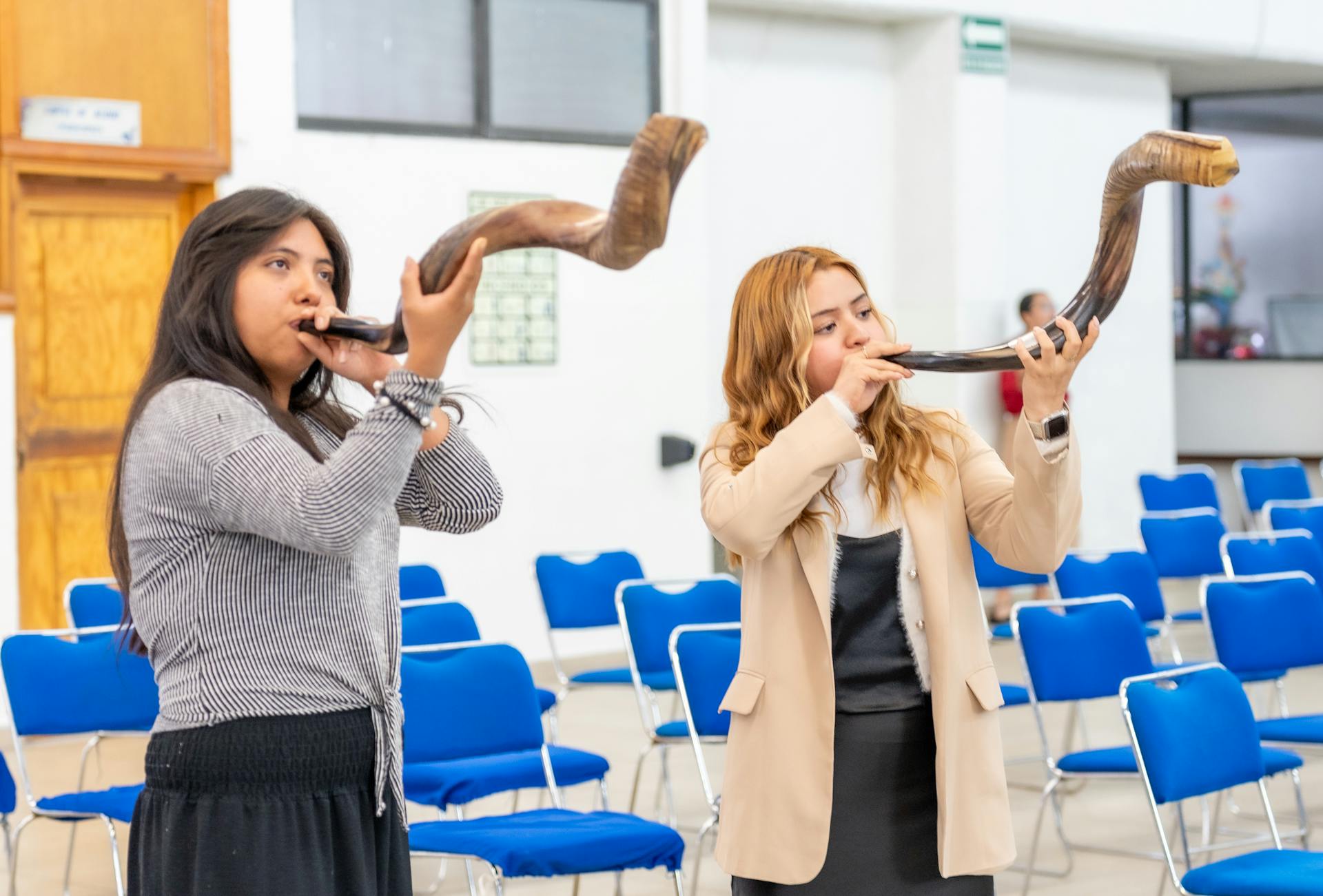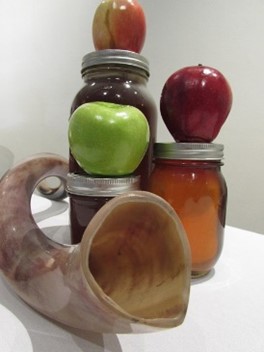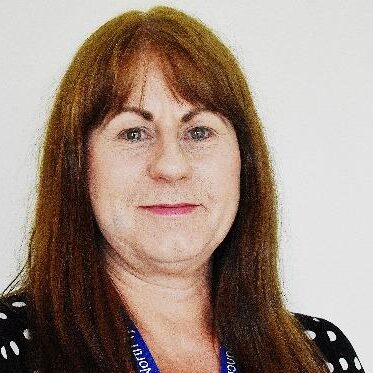Rosh Hashanah: A New Year of Reflection, Renewal, and Sweetness

As the sun begins to set on summer and autumn nears, Jewish communities around the world prepare for one of the most meaningful holidays on the calendar—Rosh Hashanah, the Jewish New Year. But this isn’t a night of glitter and champagne. Rosh Hashanah is a time to pause, reflect, and reconnect with ourselves, with others, and with something greater.
More Than Just a New Year
Rosh Hashanah means “head of the year” in Hebrew. It marks the beginning of the Jewish High Holy Days and starts on the first day of the Hebrew month of Tishrei, usually falling in September or early October. While it shares some New Year traditions like setting intentions and spending time with loved ones, Rosh Hashanah has a unique spiritual depth.
In Jewish tradition, Rosh Hashanah is believed to be the anniversary of the creation of the world and of humanity. It's not just a new calendar page; it’s a chance to begin again, to take stock of the past year, and to step forward with intention and hope.
A Time for Sound and Silence
The most iconic sound of Rosh Hashanah is the shofar, a ram’s horn blown during synagogue services. Its raw, piercing blasts cut through routine and call people to wake up spiritually. It’s not music—it’s a cry, a reminder, a nudge to the soul: Are you living the life you mean to live?
But Rosh Hashanah isn’t only loud. It's also enlightening. It begins a ten-day journey known as the Ten Days of Awe, leading to Yom Kippur, the Day of Atonement. This is a time to reflect on our actions, make amends, and ask for forgiveness—from others, from ourselves, and, if we believe, from God.
Apples, Honey, and Hopes for the Year Ahead
Rosh Hashanah tables are filled with symbolic foods—most famously apples dipped in honey, a sweet wish for a sweet year ahead. There’s round challah bread (symbolising the cycle of the year), pomegranates (filled with seeds and meaning), and sometimes even a head of a fish (as a symbol to “be a head and not a tail”).
Families and friends gather for festive meals that are as much about tradition as they are about connection. Old recipes are shared, new memories are made, and across generations, the same blessings are spoken aloud.

A Holiday of Heart
What makes Rosh Hashanah so powerful is its emotional honesty. It doesn’t ask for perfection. It asks for reflection. It’s about owning our mistakes, mending what we can, and stepping into the future a little wiser, a little more compassionate, and with an open heart.
Whether you observe Rosh Hashanah in a synagogue, at a dinner table, or in quiet solitude, it offers an invitation: Start fresh. Grow. Choose kindness.
Shanah Tovah—may it be a good year.
Ready to find out more?
Our Inclusive Learning and Achievement Service (ILAS) provide a range of training and support for schools and services. Take a look at our training options and search by Provider for 'Inclusive Learning and Achievement Service'.
Article by
Diane Embley
Team leader
The Inclusive Learning and Achievement Service (ILAS)
diane.embley@northtyneside.gov.uk


